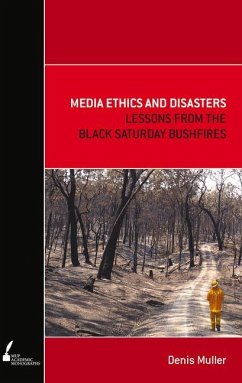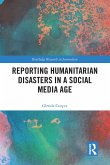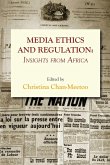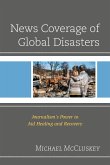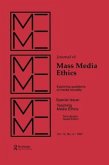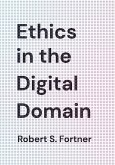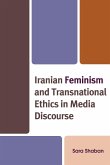Journalists do not often get the chance to reflect on the ethical side of their work, and the public they serve knows little about it. What the public sees is often negative: intrusive cameras, shouted questions, rude and aggressive behaviour. But journalists tend to go from one story to the next with little time to think deeply about the impact their work has on the people they cover, or how their professional practices might be refined. Written in collaboration with the Centre for Advanced Journalism at the University of Melbourne, Media Ethics and Disasters: Lessons from the Black Saturday Bushfires gives journalists the chance to reflect on the ethical issues that arose during coverage of the Black Saturday bushfires in Victoria in February 2009, and by doing so to contribute to their professional education. It presents--mostly in their own words--what journalists said about how they responded to the many dilemmas that confronted them and provides insight into the reasons for their actions. For the public this is new territory. The book illustrates the range of ethical problems that journalists confronted at the fire ground. There were good decisions and bad decisions, and the 28 journalists interviewed for the book were remarkably frank about both.There are lessons too for the emergency services. The way they and the media interacted created many difficulties, and the research here shows there is still much to learn about management of the media at disaster scenes.
Hinweis: Dieser Artikel kann nur an eine deutsche Lieferadresse ausgeliefert werden.
Hinweis: Dieser Artikel kann nur an eine deutsche Lieferadresse ausgeliefert werden.

